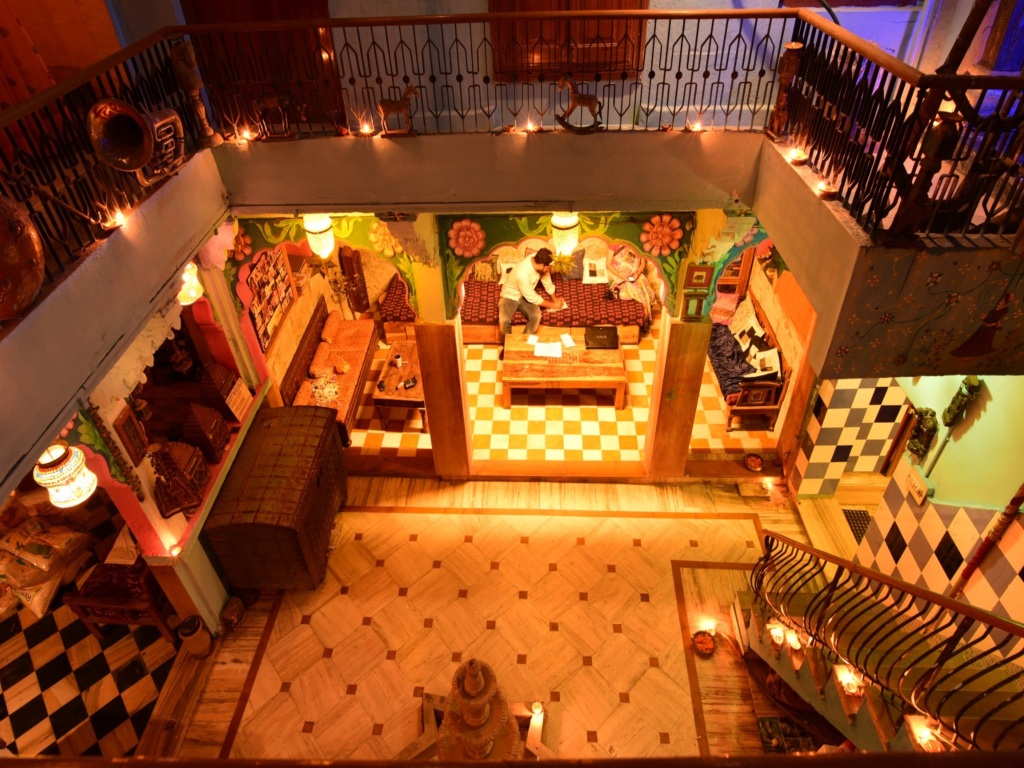A Rat Lover's Tour of the World
"According to legend, the rat temple near Bikaner dates back to the 1400s, when Karni Mata, an incarnation of the god Durga, asked the death-god Yoma to reincarnate the son of a grieving storyteller. When death refused to help, Karni Mata promised that all-male storytellers—members of the Charan caste—would be reincarnated as rats in her temple. When they die as rats, they are once more reincarnated as members of the Depavats family, as Karni Mata’s descendants are known. While the origins of rat-worship in India go back to the 15th century, the current temple, with its intricate marble panels and solid silver carvings, was built in the early 1900s to honor Karni Mata and her furry, reincarnated devotees. The temple has around 20,000 rats in residence, who are fed by members of the extended Depavats family—there are 513 Depavats families and devotees to Karni Mata. Though most of the temple-devotees work at the temple in shifts based on the lunar cycle, some families live in the temple permanently, taking care of the rats and sweeping the floor of excrement and food crumbs. The rats, known as “kabbas” or “little children,” are fed grains, milk, and coconuts shells from large metal bowls. Water the rats drink from is considered holy, and eating the rats’ leftovers is said to bring good fortune to those making the pilgrimage to the temple. The devotees have another reason to keep the rats safe and happy: according to the temple laws, if one of the rats is accidentally killed, it must be replaced with a rat made of silver or gold. But there is a bittersweet note to the whole affair. All the sweet foods, the fighting between rats, and the sheer number of animals living in the temple make them prone to diseases. Stomach disorders and diabetes are extraordinarily common among the rats, and every few years a rat epidemic decimates the population. Luckily, despite the dangers to the rats themselves, there are no recorded cases of humans contracting a disease from the temple rats. Shoes are not allowed in the temple, and it’s considered very auspicious for a rat to run over your feet, or for a visitor to glimpse an albino rat, of which there are only four or five out of the twenty thousand. To see the temple in full glory, visitors should come late at night or before sunrise, when the rats are out in full force, gathering food. Remember that only rats within the temple walls are thought to be reincarnated and therefore sacred. The rats in the town are just, well, rats." - ATLAS_OBSCURA








